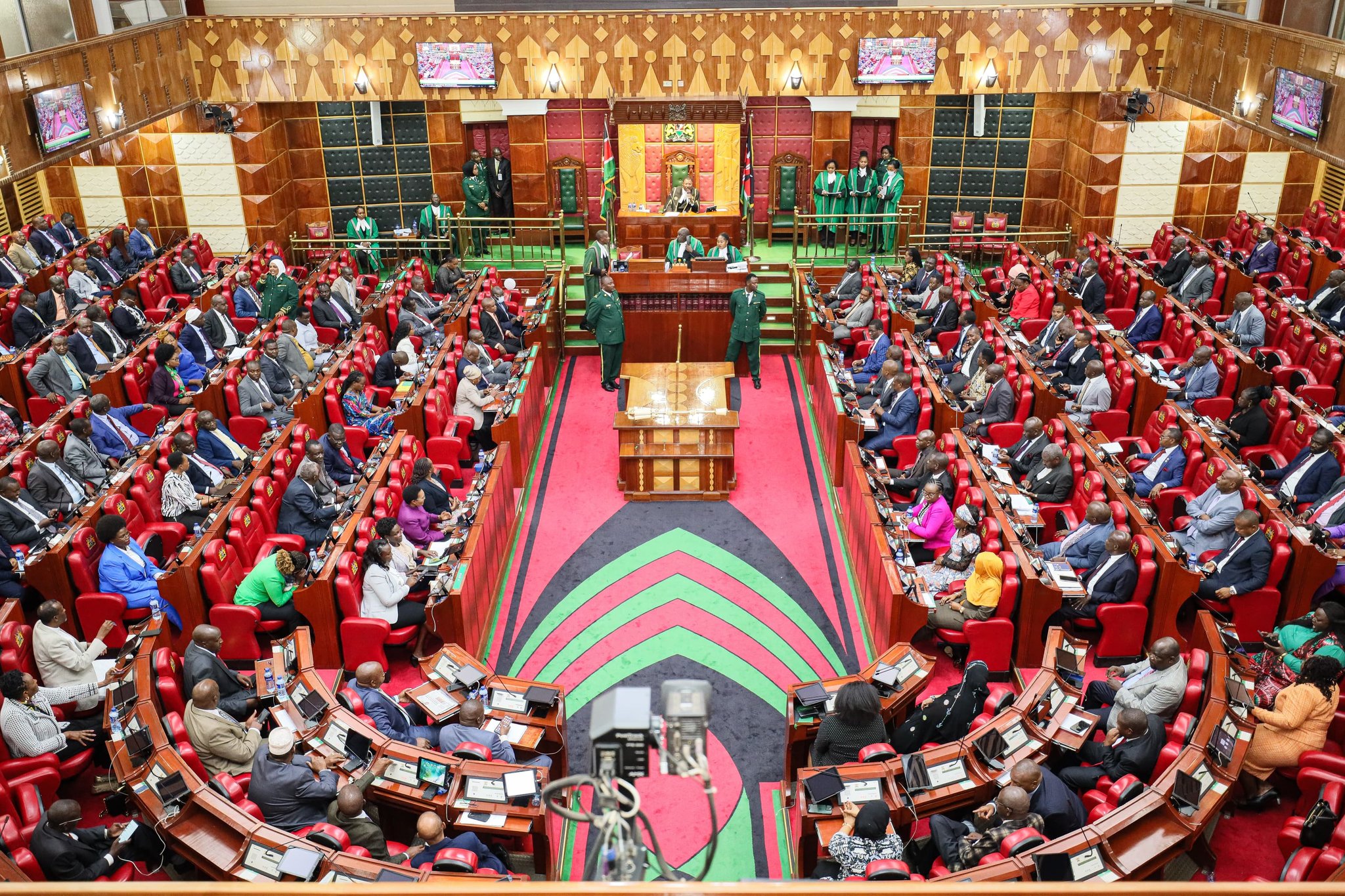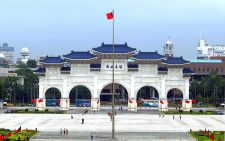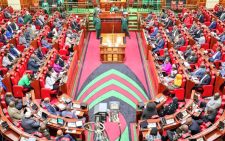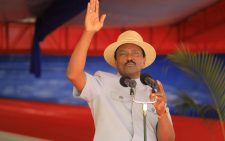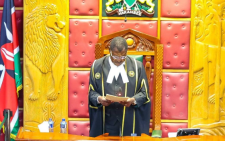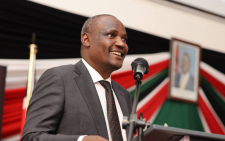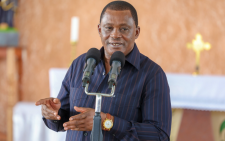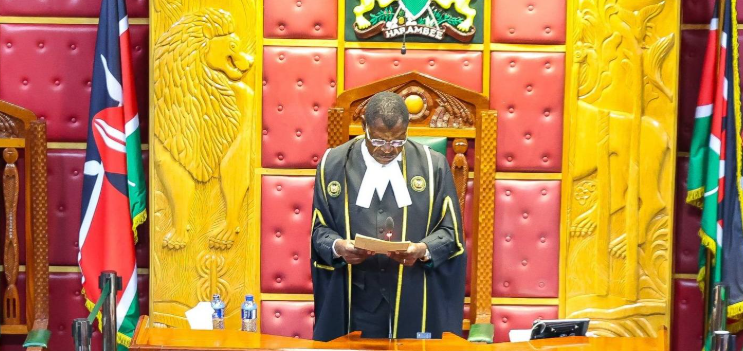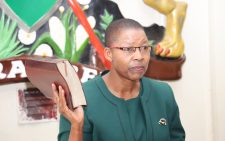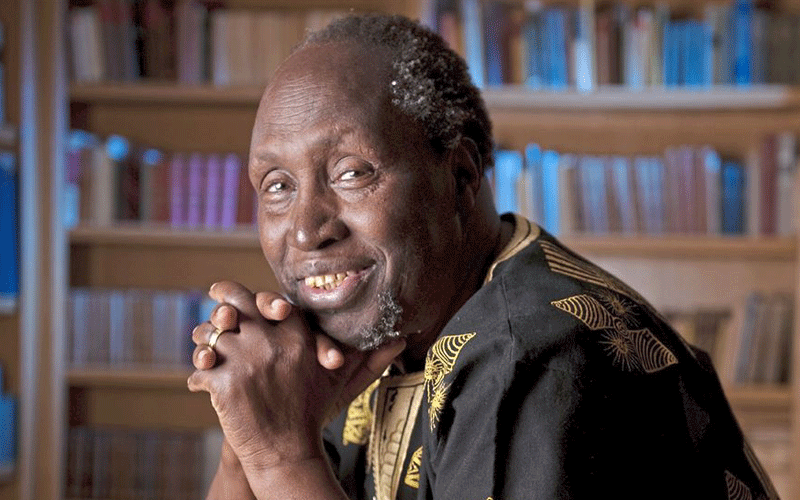Women legislators wade into Kenya vaccine co-financing crisis
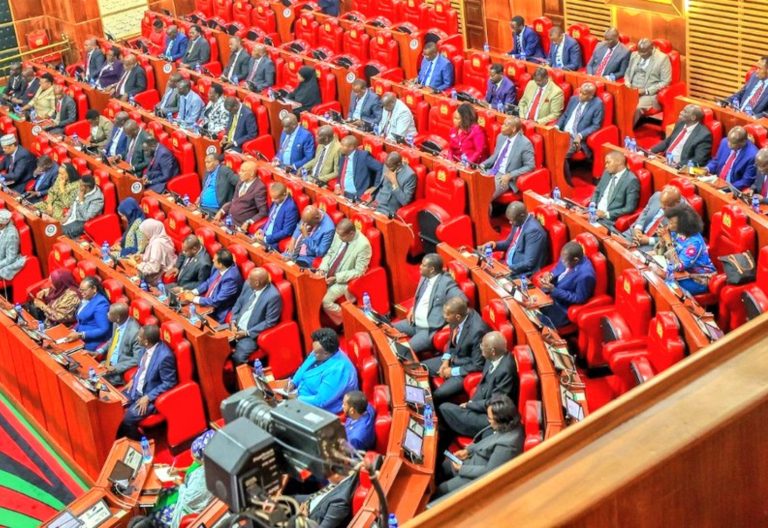
Women MPs are concerned about Kenya’s failure to offset Sh1.6 billion ($12,485,880) vaccine co-payment obligation under the Global Vaccine Alliance, Gavi Agreement.
The legislators who were hosted by the non-governmental organisations in the health sector, also gave a raft of demands they want the government to give attention to, in order to ensure the country’s vaccine stocks are protected.
Kenya was to honour its payment on March 29.
“Gavi is sending this co-financing reminder letter as the Kenya co-financing obligation for 2024-2025 fiscal year, totalling $ 12,485,880, remains outstanding,” Gavi wrote to the Ministry of Health on January 28.
This missed target has drawn the ire of Kenya Women Parliamentary Association (Kewopa), who called on the Ministry of Health and the National Treasury to take immediate action to fulfil this obligation.
In a joint statement with the Health NGOs Network (Hennet), Kewopa cautioned that failure to meet this deadline will undermine Kenya’s immunisation programme.
“This is not a matter for further delay — the health of our children is at stake, and timely payment is essential to ensure a continuous and reliable vaccine supply.
“Alarmingly, no payment has been made to date. With the June 30, 2025, deadline for vaccine procurement fast approaching; we face a serious threat of vaccine stock-outs,” Kewopa Chairperson Leah Sankaire, also the Kajiado Woman Rep noted.
Sankaire noted that whereas Kewopa appreciates the strides Kenya has made in child health with an emphasis on immunization coverage, which stands at 85 per cent, any further delay will reverse these gains.
“We call on the Ministry of Health and the National Treasury to take this matter with the seriousness it deserves .”
The women legislators noted that with immunisation being donor-dependent and the same is rapidly declining, there is need to progressively increase domestic allocations.
“Furthermore, we urge the Ministry of Health to provide to the National Assembly with information on the country’s vaccine stock status for routine immunisation,” Sankaire.
They also want the National Treasury to present to the National Assembly the status of Kenya’s Gavi co-financing obligations and payment schedules.
“This should include the paid amounts as well as the pipeline amounts in addition to the proposed dates for payments,” Sankaire stated.
The women legislators also want the government to fully finance the immunisation budget for the upcoming 2025/26 budget cycle.
“Lastly, with the GAVI Transition plan for Kenya targeting 2029, we seek to see the proposed transitional plan with clear commitments from the Kenyan government to ensure that we will not have vaccination gaps as we progress towards self-financing.”
Hennet Executive Director Margaret Lubaale emphasized that Gavi’s transition period is designed to allow Kenya to gradually increase its financial contribution to immunization programmes.
“We have been given an eight-year transition period under the Gavi framework, which provides a gradual path toward self-financing our immunization programmes,” she said,
Initially, Gavi was set to transition out of Kenya by 2027, but a compromise was reached when the co-financing deal was proposed. Nations such as Somalia, Sudan, and Haiti have met their respective obligations.
